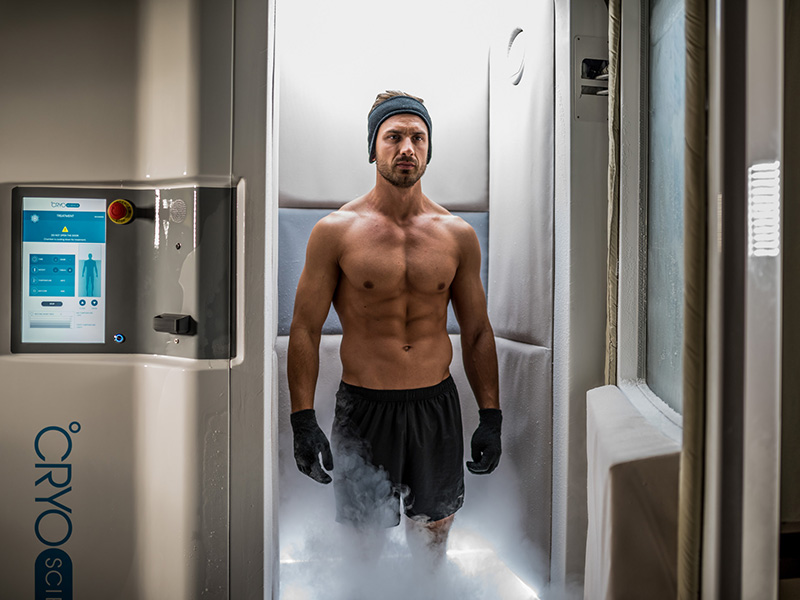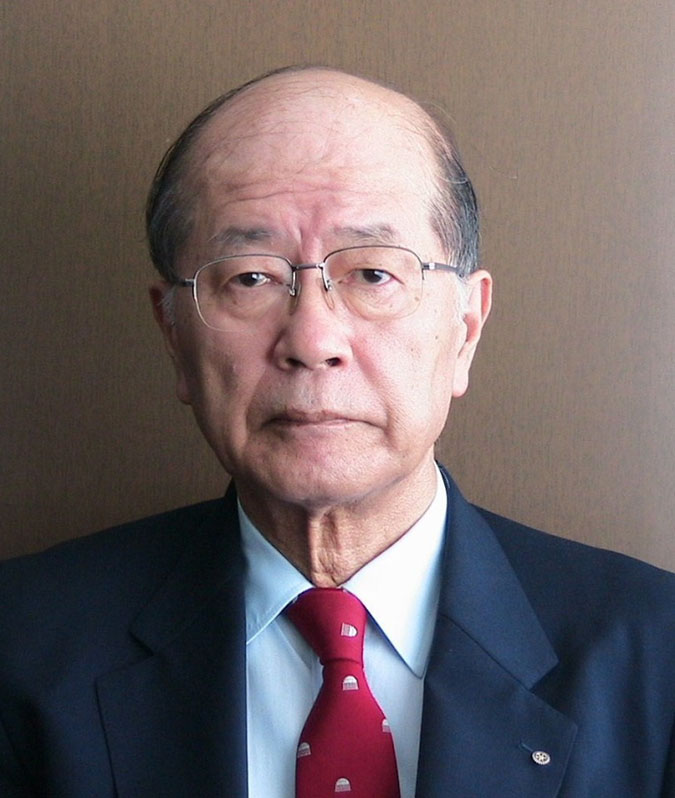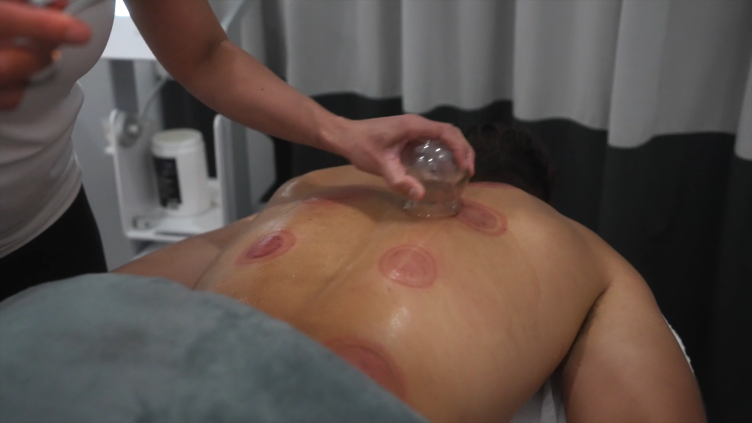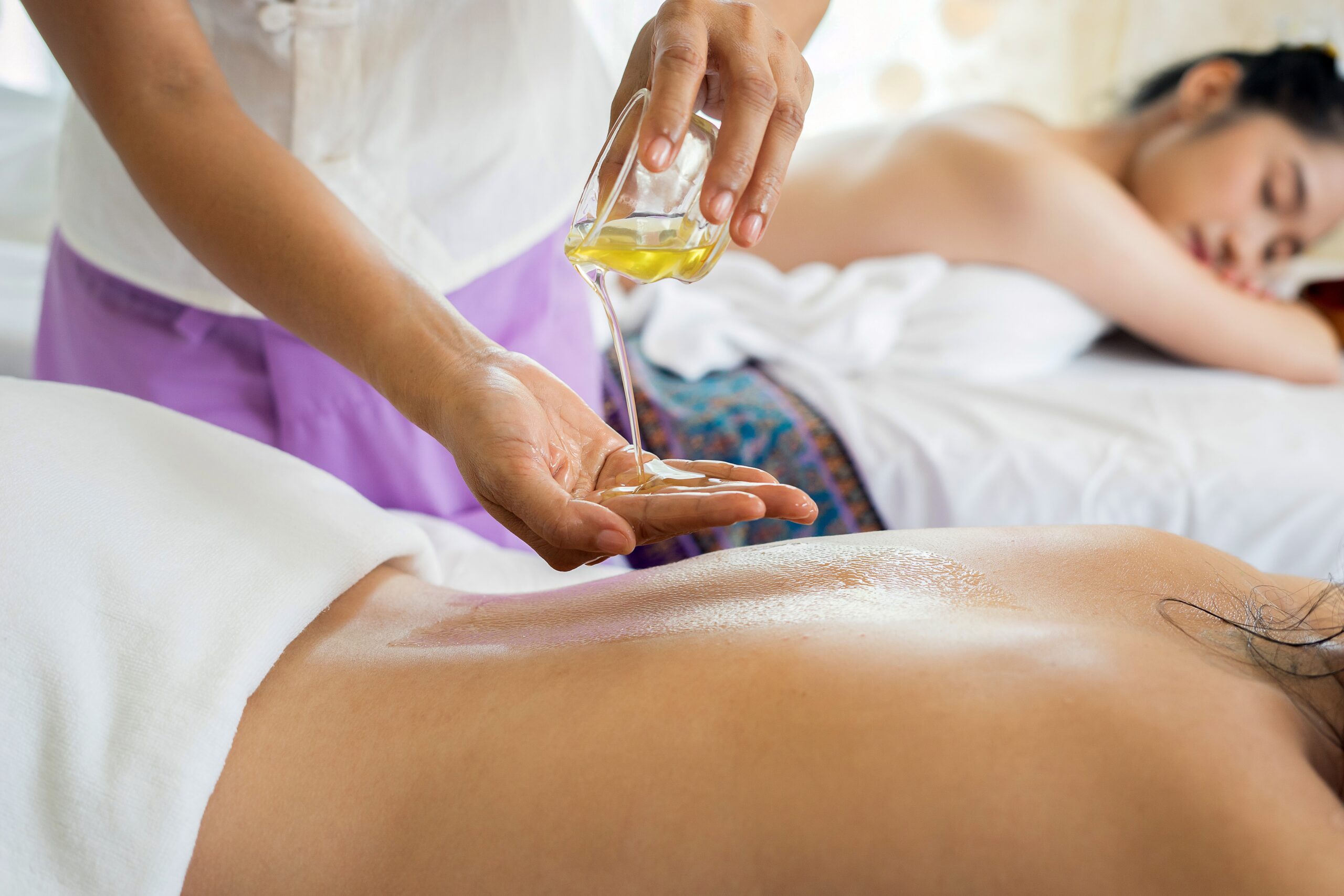The History of Cryotherapy
Cryotherapy or as the original Greek of the name “Cold Cure” has existed in some form or another for a long time. Cryotherapy refers to the use of extremely low temperatures to the body for shorter durations to reduce pain, inflammation, and recovery.

The history of Cryotherapy goes back to 2500 BC with Ancient Egypt, the Roman Empire, and Greece. Although it has evolved into a fairly sophisticated system in the present age it was one of the earliest, primitive cures. Many books and articles were written about Cryotherapy in the early 19th Century. By 1835 the application of cold compression to the inflamed wound was a common treatment option.
The Whole Body Cryotherapy[WBC] also referred to as “Air Cryo Therapy” [ACT] and “Cryo Sauna” was first invented by Dr.Yamaguchi of Japan in 1978 who first started using freezing treatments of short duration on his Rheumatoid Arthritis patients. He found that a rapid decrease in temperature on the outer layer of skin [epidermis] leads to an immediate release of endorphins causing people to become less sensitive to pain.
Dr. Yamaguchi also found that the rapid short term freezing of the skin inside the Cryo Chamber has a more beneficial effect on the human body than its gradual cooling while in Ice Bath where the lowest temperature is only 5°C.
He found that the Whole Body Cryotherapy[WBC] affects the body on three different levels:
1. The Biochemical Level of Circulatory System
The temperature inside the Cryo Chamber is extremely low below -140 °C or below -266 °F, the human body is exposed to really low temperatures and the skin’s surface is quickly cooled to approximately -1 °C or 32° F for a shorter period of time [2.5 to 3 mins]. The cold sensors in the skin send signals to the brain that organs life is in danger. In response to protect the body, the brain gives orders to all peripheral parts of the body to constrict the muscles and tissues in order to send blood to the core of the body. This change causes the arterial blood pressure to rise by 10 points. Blood circulates in the “internal cycle”. It is also being enriched with oxygen and all the necessary enzymes and nutrients. The blood becomes enriched in accordance with the best capabilities, as all resources and reserves are activated to ensure the functions of life. In a specific period of time, the whole range of body cells are replaced with new ones, and the dead cells are eliminated through the lymph system. Thus Whole Body Cryotherapy increases the circulation of the entire body. This process continues in the body for 6-8 hours after the treatment.
2. The Energy Level
The human body consists of 12 meridians and many lateral meridians together referred to as the energy network of a human body. the main meridians are located inside the body while the lateral meridian reaches the skin surface. When the temperature on the skin surface drops to -1 °C or 30° F while body core temperature is 98.6 °F, there is a 68.6 °F difference that is sufficient to cause a strong flow of energy in the meridians thereby restoring energy flow where disruptions may have present. In this case, WBC therapy is used as a preventive and corrective method and by stimulating the energy flow in the human body, it allows people to stay healthy.
3. The Information Level
This is the third level which consists of a network of the body nervous system to which the electrical signals self-analyzing question and answers and other detailed information are sent to and from all parts of the body. When the brain, in response to perceived critical conditions, surveys all body parts and analyzes the returned signals, it creates up to date picture of the body’s state of health, which the brain requires to properly allocate resources to ensure the viability of the body.
In 2000, Whole Body Cryotherapy [WBC] concept then migrated to Europe, where a group of scientists in Poland did the use of Cryotherapy for Physical Therapy and in Olympic Rehabilitation Centre.

Today Cryotherapy has become highly refined in modern times and is also curative health treatment involving extremely low temperatures for a short duration of time to obtain various health benefits. These non-invasive, short and extremely cold temperature to the body induces physiological reactions that trigger healing, anti-aging and other restorative benefits (Keenan, 2015).
Cryotherapy also offers a wide range of benefits to achieve weight loss. One of these is that it is considered as an effective and safe weight management option as it burns 500-800 Kcal per session. According to a new study, a 15 min exposure to cold has a metabolic equivalent of 01 hr exercise. (Berlin, 2014). Additionally, the cold environment has proven to trigger an analgesic reaction in the mind leading to positive mode states which can have a positive impact on depression, sleep disorders and overall well being. It reduces muscular pain, spasm and decreases muscular tension (Khan, Samsi & Abdelkader, 2013). It also produces collagen in the deeper layer of the skin which supports the skin’s capacity to regenerate itself, regain elasticity and appear smoother.







